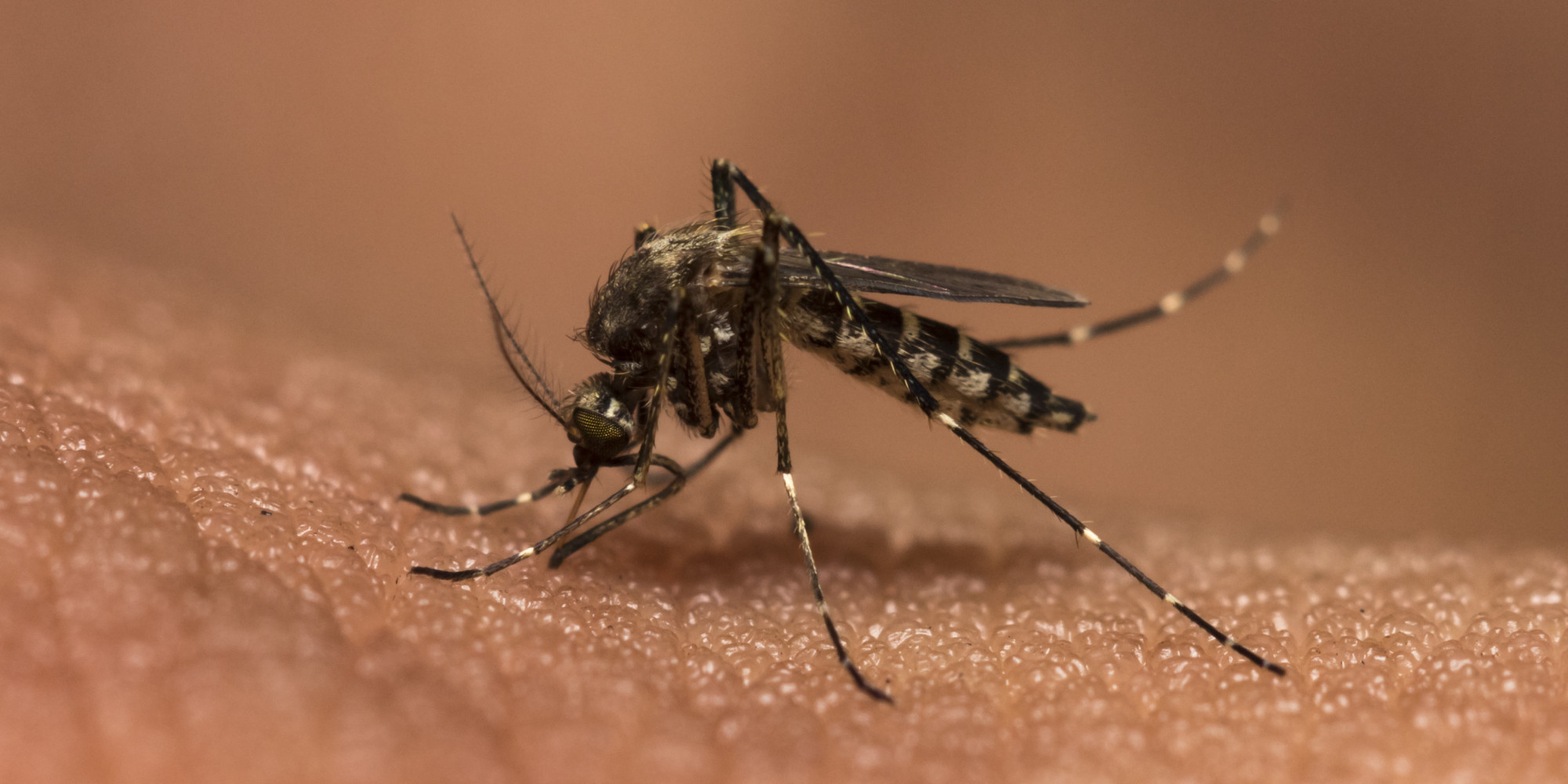Dr Adeniyi Adelodun, a Medical Parasitologist, says malaria can be a death factor for pregnant women if not properly treated.
Adelodun spoke at the Estate Youth Parliament (EYP) Health Talk in Lagos on Saturday.
“Malaria infection during pregnancy can have adverse effects on both mother and fetus.
“ Malaria is a life-threatening disease and typically transmitted through the bite of an infected Anopheles mosquito.
“Infected mosquitoes carry the plasmodium parasite and when this mosquito bites one, the parasite is released into the bloodstream.
“Once the parasites are inside the body, they travel to the liver, where they mature. After several days, the mature parasites enter the bloodstream and begin to infect red blood cells.
“Within 48 to 72 hours, the parasites inside the red blood cells multiply, causing the infected cells to burst open.
“The parasites continue to infect red blood cells, resulting in symptoms that occur in cycles that last for two to three days at a time,” he said.
On some of the effects of malaria during pregnancy, he said they include maternal anaemia, fetal loss, premature delivery, intrauterine growth effects of malaria to retardation, and delivery of low birth-weight infants (<2500 g or <5.5 pounds).
“Malaria can occur if a mosquito infected with the plasmodium parasite bites one. There are four kinds of malaria parasites that can infect humans: Plasmodium vivax, P. ovale, P. malariae, and P. falciparum.
READ ALSO: Manchester United Calms Ole with EPL Win Against Everton
“ P. falciparum causes a more severe form of the disease and those who contract this form of malaria have a higher risk of death.
“An infected mother can also pass the disease to her baby at birth, which is known as congenital malaria.’’
On the management of malaria during pregnancy, he said: “For pregnant women, it includes the use of chloroquine, quinine, atovaquone-proguanil, clindamycin, mefloquine (avoid in the first trimester), sulfadoxine-pyrimethamine (avoid in the first trimester) and the artemisinins.
“Even the World Health Organisation (WHO) now recommends that all women in the second or third trimester of pregnancy who have uncomplicated P. falciparum malaria should be treated with artemisinin-based combination therapy.’’
According to Adelodun, the symptoms of malaria typically develop within 10 days to four weeks following the infection.
“While in some cases, symptoms might not develop for several months and some malarial parasites could enter the body but will be dormant for long periods of time.
“Common symptoms of malaria include shaking chills that can range from moderate to severe high fever, profuse sweating, headache, nausea, vomiting, abdominal pain, diarrhoea, anaemia, muscle pain, convulsions, coma and bloody stools,’’ he said. (NAN)

